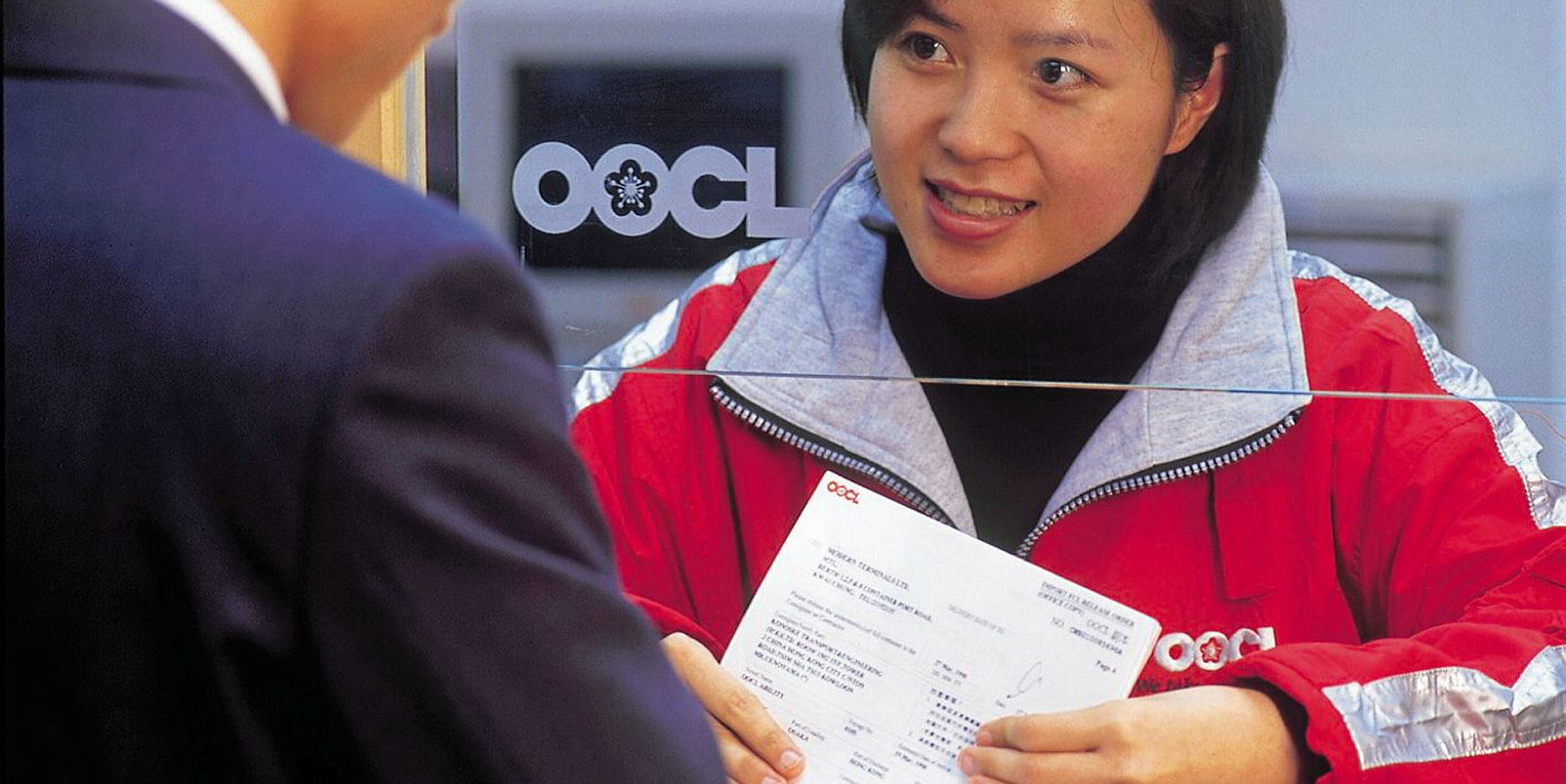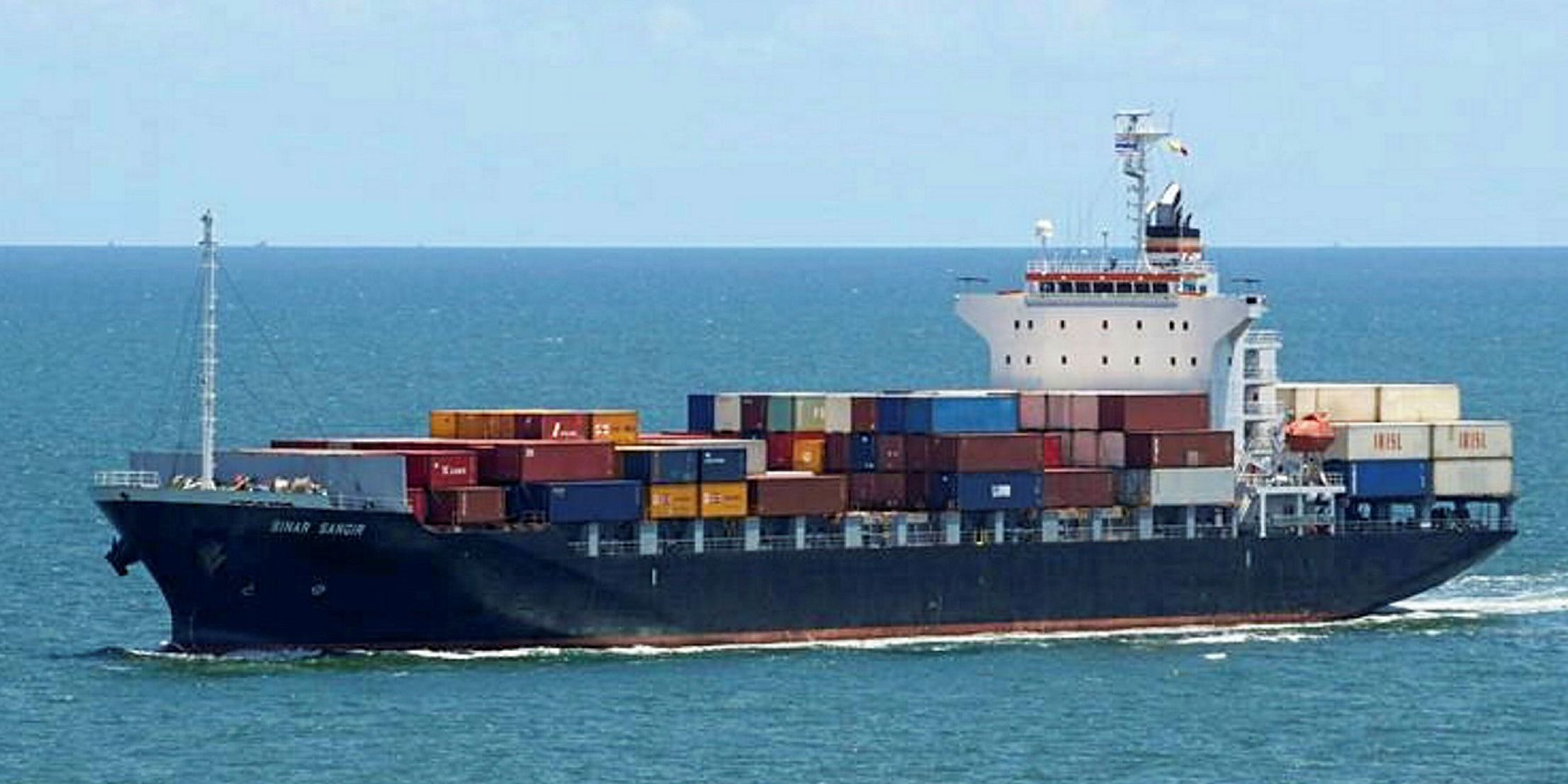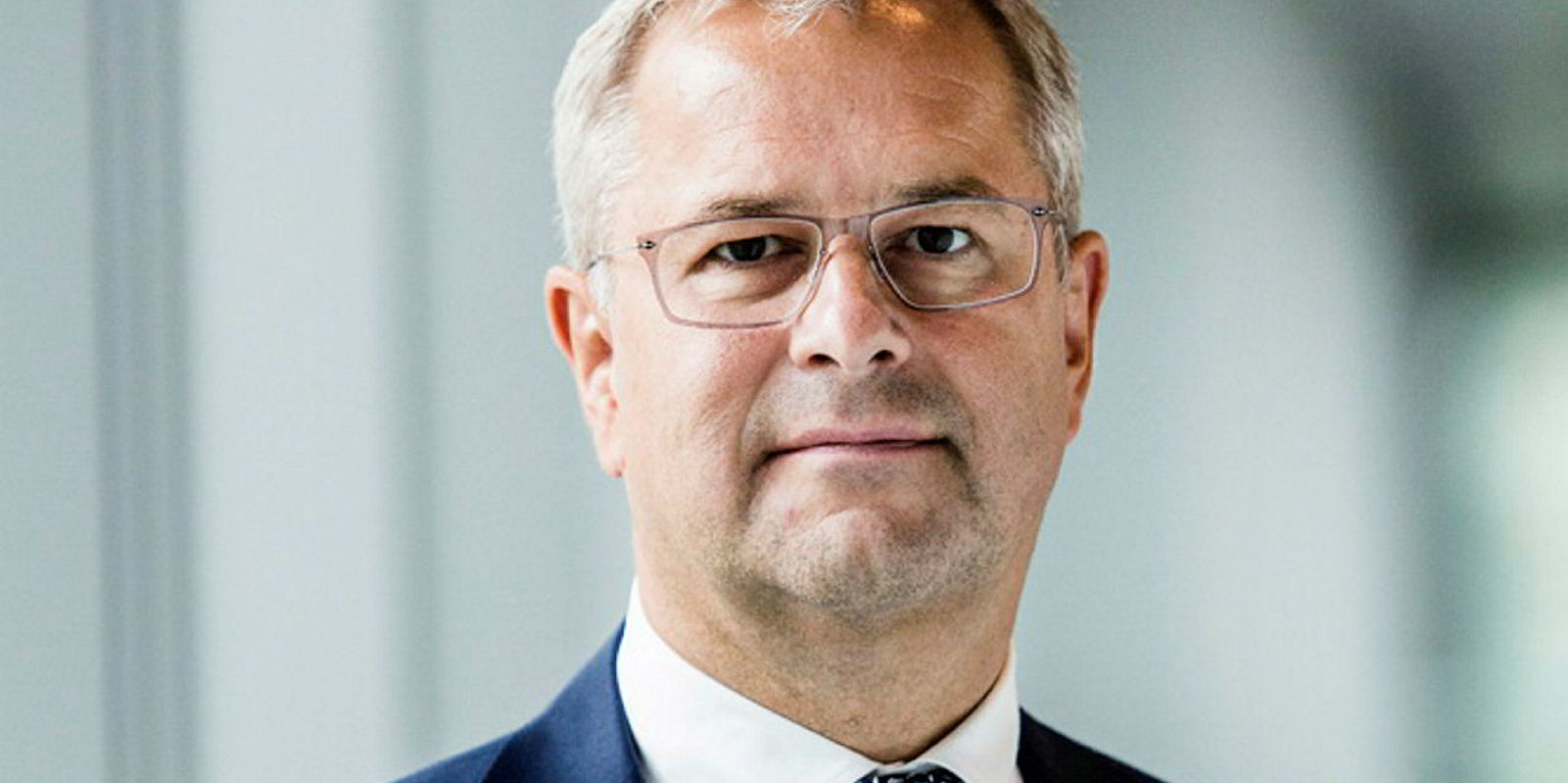Electronic bills of lading (eBLs) may be an idea whose time has finally come as the coronavirus crisis changes the way shipowners do business.
TradeWinds is told uptake of the technology is rising more quickly now that operators have very specific concerns about delays and security relating to traditional paper bills of lading.
Lawyer Naraya Lamart, HFW's special counsel in the shipping and transport sector, compared using paper bills to "sending a cheque in the post".
She said eBLs can be transferred between parties in a matter of minutes and the cargo discharged, whereas the old method could see couriers take weeks to deliver the bills.
"Paper deliveries can be fraught with danger at the best of times," Lamart told TradeWinds. "Anecdotally, there appears to be a greater push to use eBLs."
Contact limited during pandemic
There is also the fact of "people not wanting to have actual contact with other people", she said, in reference to the pandemic.
“There’s been more of a focus on digitalisation more generally and not wanting to risk postal delays.
“If companies haven’t been doing this already, they should be now.”
Lamart said the take-up of eBLs has been limited by concerns over security.
"One of the big barriers previously was the perception that the technology can be hacked into and used for nefarious purposes, but one change swaying people is blockchain," she said.
"This makes the process much more secure. Each part of the chain would have to be hacked and changed at the same time, which is virtually impossible."

This should give eBLs another boost, with lines increasingly worried about cyber security following hacks into the systems of industry giants such as AP Moller-Maersk, Mediterranean Shipping Co and CMA CGM in recent years.
Lamart said there are then the legal questions surrounding eBLs.
“Historically, one of the reasons why take-up had been slow was due to questions over the legal status of [an] eBL as a document of title to the cargo,” she said.
Three uses
Bills of lading have three uses: as a document of title, as evidence of contract of carriage and as a receipt.
"Trading platforms generally operate by requiring parties to enter into multilateral user agreements whereby everyone agrees that eBL is a document of title," Lamart said.
The first wave of eBL companies, such as Bolero International, essDOCS and e-Title, to be approved by the International Group of P&I Clubs, did not initially have blockchain capability.
This changed with the second generation of platforms — edoxOnline, Wave and CargoX — approved by the International Group in the last year or so.
Liabilities covered
"Liabilities arising in respect of the carriage of cargo under eBLs created on these systems are now covered by the International Group clubs as if the bills of lading had been issued in traditional paper form," the UK P&I Club said.
edoxOnline was the first eBL system created with blockchain technology, while Wave was the first of the blockchain eBL providers to be fully decentralised when it completed the world’s first live blockchain trade transaction in 2016.
CargoX created the first blockchain “smart” bill of lading that was successfully trialled with the shipment of a container from Shanghai to Koper in Slovenia in August 2018.
Bolero International has this summer joined the Marco Polo blockchain network.
All or nothing
"A big issue has been that everyone in a deal has to use this process," Lamart said.
"When you have a trade that is regular, people are more likely to want to take this up, but with an ad-hoc trade it is less likely.
"Some countries might have limitations on the use of such technology."
But the developing world is signing up. CargoX has agreed a deal in India in the last year.
Lamart said: “Big shipping lines are making it available to their clients. Maersk said last year all services have this capability.”
“Other lines would have to follow suit to stay competitive.”
Carsten Frank Olsen, head of eBusiness at AP Moller-Maersk, told TradeWinds: “During 2020, we have seen a significant increase in the uptake of our digital and online offerings, driven by the social distancing of the global pandemic as well as new products created on the back of our strategy to improve customer experience through integrated, digital logistics products.”
He said the group has logged an average 20% increase in uptake during 2020 for its Maersk eBL.
Paper no longer needed
“This increased usage should also be seen in the light of Maersk moving towards more of a ‘true’ eBL solution, where customers no longer need to hand over the original bill of lading at destination,” Olsen said.
“They can easily release cargo to their consignee digitally on Maersk.com, which unlocks substantial efficiencies for customers using this solution.”
And he added: "Blockchain technology is currently not utilised in our eBL product, but we definitely see a potential for blockchain to improve and further digitise our future offerings in this space."
Singapore's Pacific International Lines used eBLs last year to ship mandarin oranges from China for Lunar New Year celebrations.
Built on IBM's blockchain platform, the real-time pilot tracked the shipment, significantly cutting down on administrative processes.
Another saw importer Hupco take part in the trial as consignee of 3,000 cartons of oranges.









